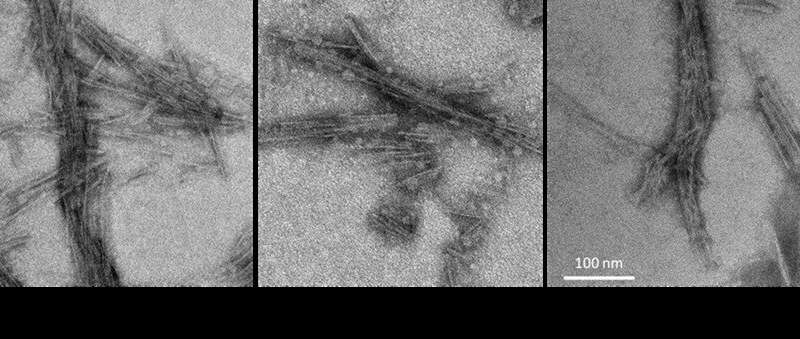
National Institutes of Health (NIH) scientists have developed an ultrasensitive new test to detect abnormal forms of the protein tau associated with uncommon types of neurodegenerative diseases called tauopathies. As they describe in Acta Neuropathologica, this advance gives them hope of using cerebrospinal fluid, or CSF—an accessible patient sample—to diagnose these and perhaps other, more common neurological diseases, such as Alzheimer’s disease.
…



























